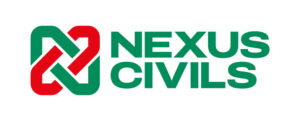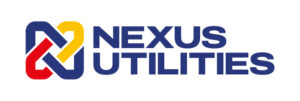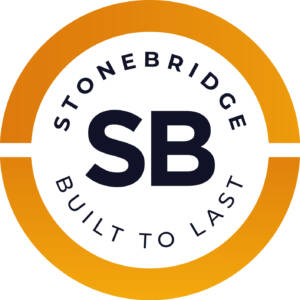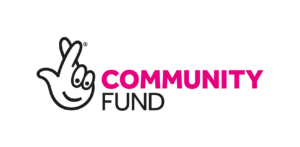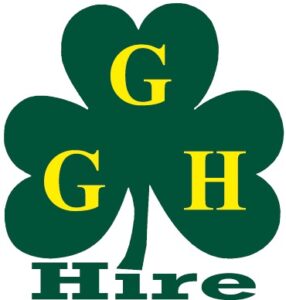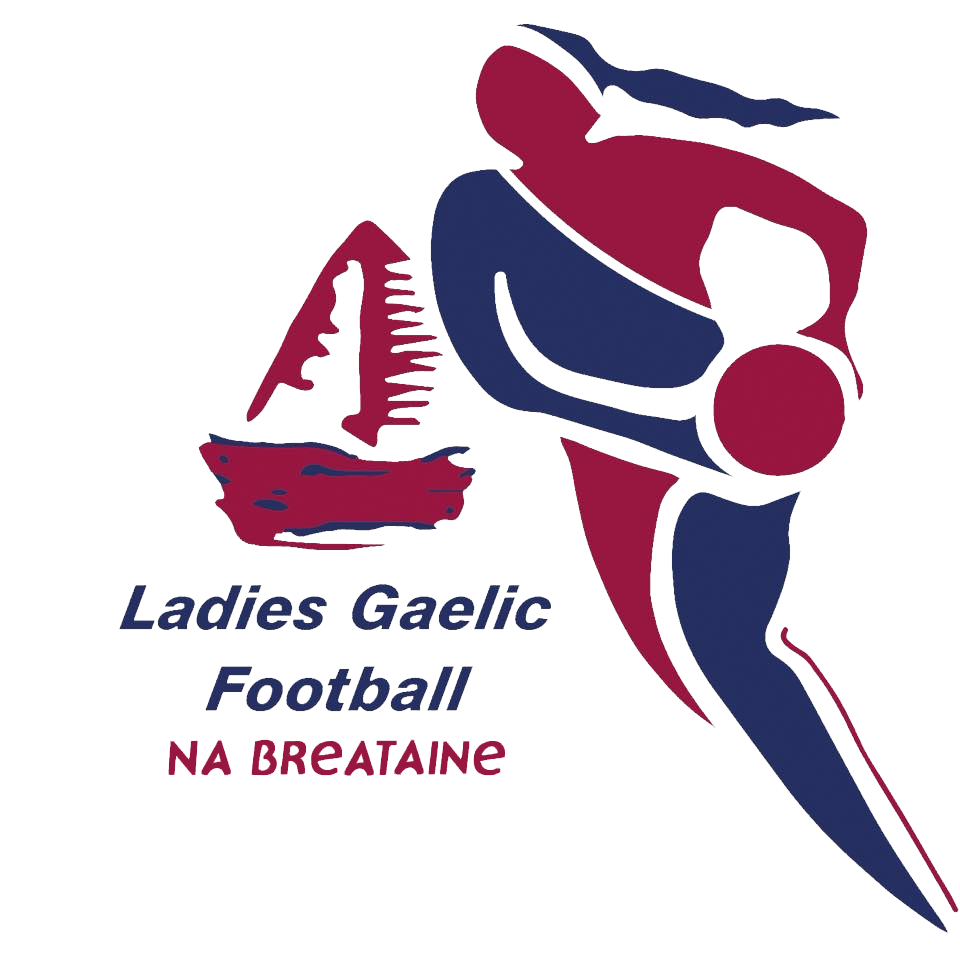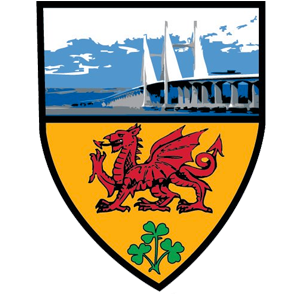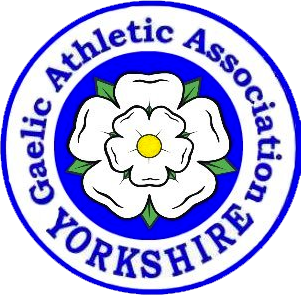What are GAA Go Games?
GAA Go Games are Camogie, Hurling and Gaelic Football for children up to and including 12 years of age, where every child gets to play (a Go) in every game, for the full game.
Children participate in Gaelic games for a number of reasons – to have fun, to play with friends, parental encouragement, etc. Lack of fun, lack of perceived competence and an over-emphasis on competitive outcomes (which usually come from coaches and parents) are major reasons for dropout.
Players can generally learn the basic skills of Camogie, Hurling and Gaelic Football with relative ease. The better players who practise more often, come on faster than those who only participate in collective coaching sessions. However, players find it more difficult to develop the ability to make the right decisions – when to pass, whom to pass to, where to run, etc. – in full-sided games. Through small-sided games the aim is to optimise their decision-making and at the same time enhance their technical development.
For too long the practice in sport has been to identify and cultivate talented players and elite teams at younger and younger ages. There is a tendency to nurture the perceived best and neglect the rest.
This has contributed to adult training and playing conditions being imposed on young players. Training and competition are geared for outcome and not for the process of development. For children’s games, coaches must reassess the balance between the need to win games and cups versus the need to develop players and recognise the importance of fair play; i.e., provide full participation within an environment where participants are encouraged to achieve their full potential.
Why Go Games?
The support the participation and development of the Under-12 player, the following principles underpin Go Games:
- All participants play in the full game.
- Participant needs are catered for at U7, U8, U9, U10, U11, U12.
- Activities are structured in a manner which optimises the level of fun, friendship, fair play and achievement derived by participants.
- Participants train and play in a safe, supportive and stimulating environment where they are encouraged to risk error, to learn and to derive maximum enjoyment from their involvement.
- Players master the basic skills of Camogie, Hurling and Gaelic Football and experience the sense of accomplishment, which derives from acquiring playing proficiency on the left and right hand side of the body.
- Everybody involved in Go Games, whether as players, parents/guardians, spectators, mentors, teachers, officials etc., should adhere to the key underpinning principles and give expression to the GAA ‘Give Respect, Get Respect’ and the LGFA’s ‘Take a second’ initiative.
Go Games Playing Rules
The Playing Rules for Go Games Camogie, Hurling and Gaelic Football are provided on Go Games Resource . These are provided by way of best practice and can be adapted to meet localised needs. Where units from different counties play a game, these Playing Rules will be used.
Go Games Regulations
Go Games are subject to general rules of the Association.
- To maximise playing opportunities teams shall endeavour to play the minimum numbers recommended; U7 – 4 v 4, U8 – 5 v 5, U9 – 5 v 5, U10 – 6 v 6, U11 – 6 v 6.
- Participants may play up one age grade; i.e., Under-7 may play at Under-9 level; Under-9 may play at Under-11 level; Under-11 may play at Under-12 & Under-13 age levels.
- No provision is made to publish scores, to play on a knock-out basis nor to include semi-finals, finals, etc.
- No provision is made to present trophies, cups etc. in any code and competition/league from U12 and below. Where certificates/medals are presented in lieu of participation, the same certificate/medal must be presented to every participant.






